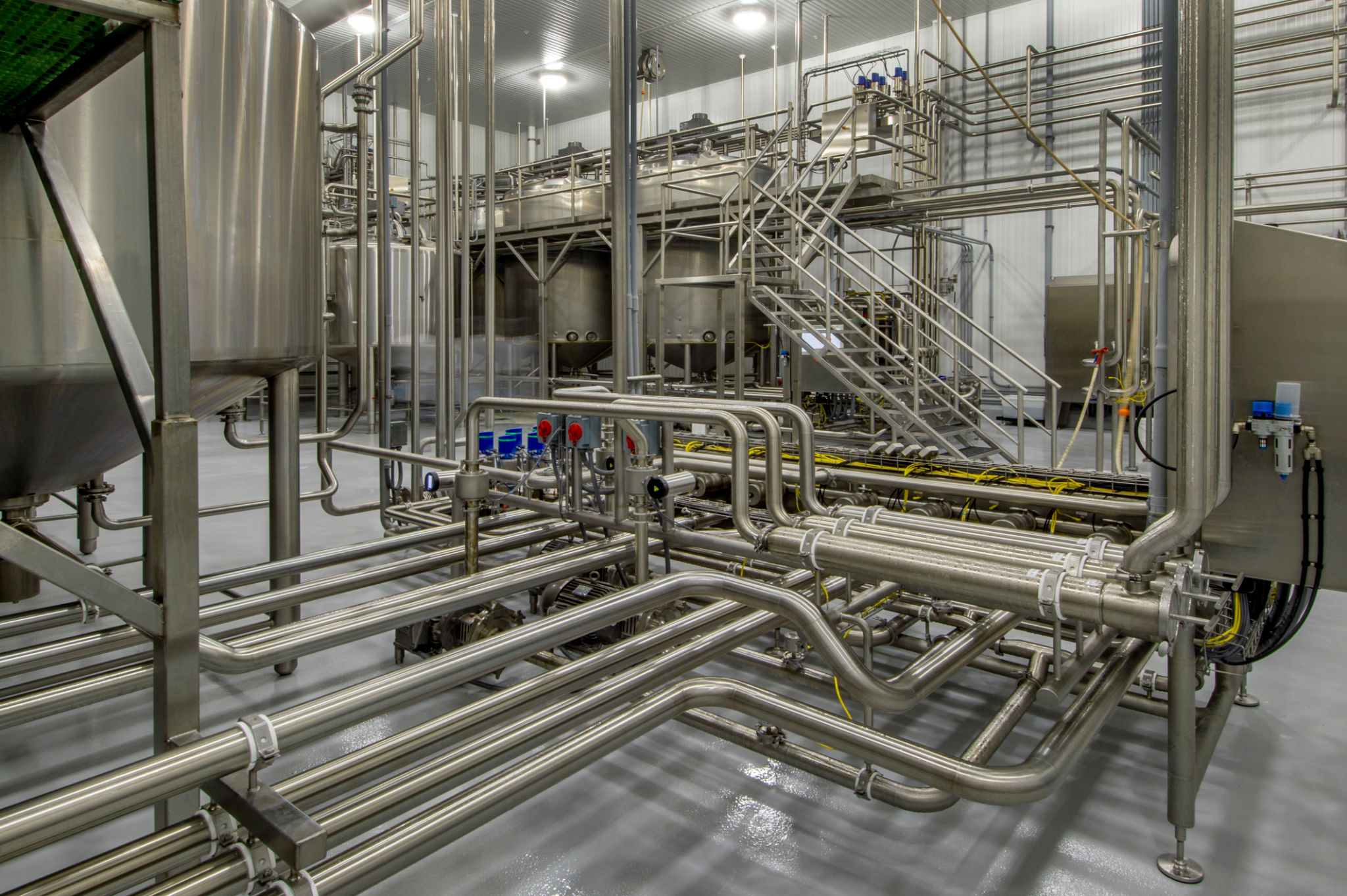Debunking Myths About High Pressure Processing
Understanding High Pressure Processing (HPP)
High Pressure Processing (HPP) is a method used in food preservation that leverages high levels of pressure to inactivate pathogens and extend shelf life. Despite its growing popularity, several myths surround this innovative technology. Let's delve into some of these misconceptions and set the record straight.

Myth 1: HPP Compromises Nutritional Value
A common myth is that HPP destroys the nutritional content of foods. However, unlike traditional heat treatments, HPP uses pressure instead of high temperatures. This means that essential vitamins and minerals are preserved, maintaining the nutritional integrity of the food.
In fact, research has shown that HPP retains more vitamins and antioxidants compared to thermal processing methods. This makes it an excellent choice for nutrient-rich products like juices and smoothies.
Myth 2: HPP Alters Food Taste and Texture
Another misconception is that HPP negatively impacts the taste and texture of food products. The reality is quite the opposite. Since HPP does not involve heat, it helps preserve the fresh taste and natural texture of foods. Consumers often find that products treated with HPP taste closer to their original form.

Myth 3: HPP Is Unsafe
Some believe that the high pressures used in HPP might make it unsafe. On the contrary, HPP is a highly controlled process. It has been extensively researched and proven to be safe by food safety authorities worldwide. The method effectively inactivates harmful microorganisms, making it a reliable choice for ensuring food safety.
Myth 4: HPP Is Only for Large-Scale Producers
While it is true that initial investments in HPP technology can be significant, the benefits it offers can be enjoyed by businesses of all sizes. Many small and medium-sized enterprises (SMEs) are adopting this technology to improve product quality and extend shelf life, allowing them to compete more effectively in the market.

The Benefits of High Pressure Processing
Beyond debunking myths, it's important to highlight the advantages of HPP. Here are some key benefits:
- Extended Shelf Life: Products last longer without compromising on quality.
- Preservation of Nutrients: Nutrients are better preserved compared to conventional methods.
- Food Safety: Effectively reduces the risk of foodborne illnesses.
- Environmental Impact: As it requires less energy than thermal methods, it's more eco-friendly.
Conclusion
High Pressure Processing is a powerful technique that offers numerous benefits while maintaining the quality and safety of food products. By debunking these myths, we hope to encourage more producers and consumers to embrace this effective technology. As awareness grows, so too will the availability and variety of HPP-treated products on the market.